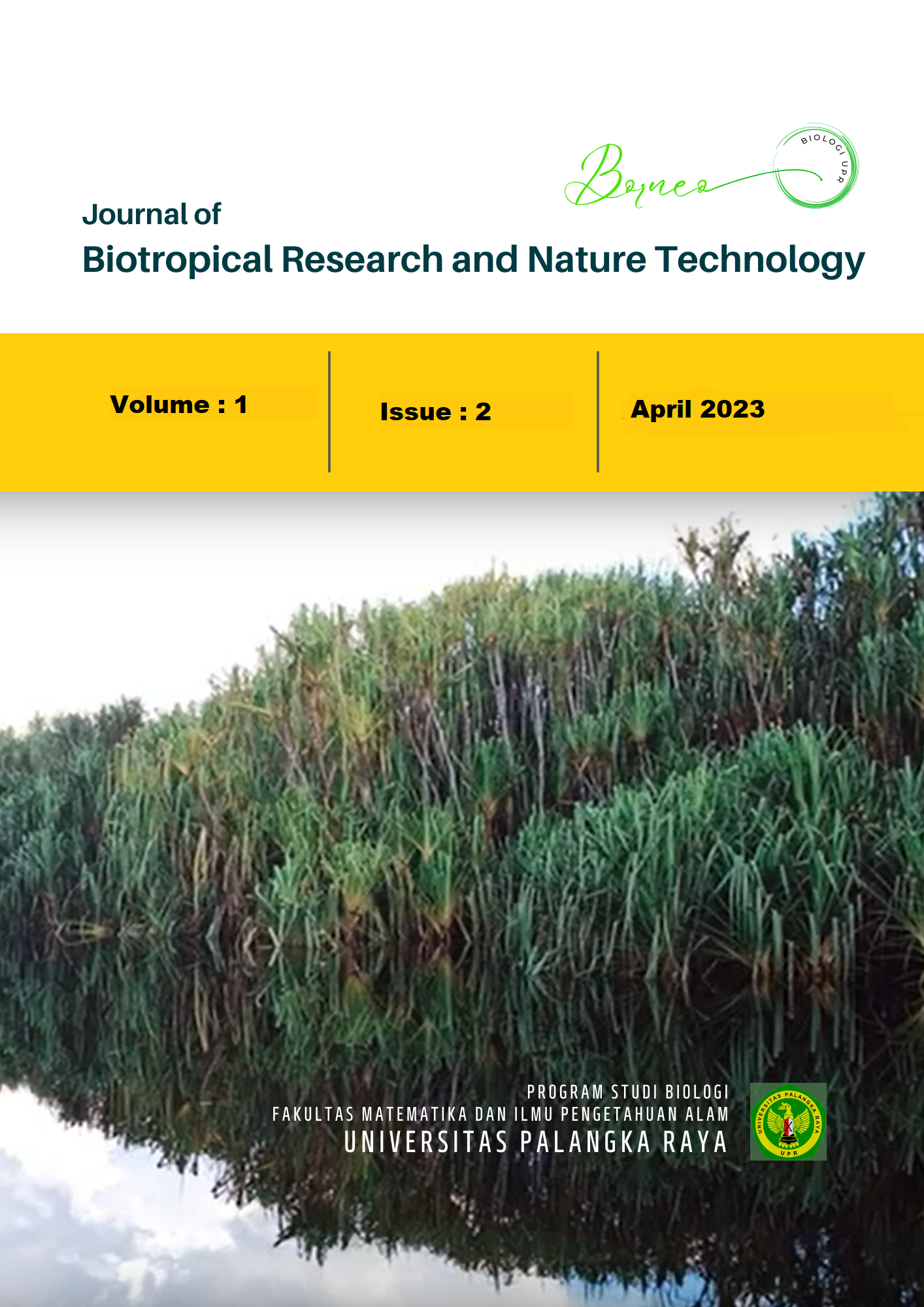Addressing Climate Change Requires a Multidisciplinary Approach
DOI:
https://doi.org/10.52850/borneo.v4i1.23071Keywords:
Climate change, holistic, adaptationAbstract
Climate change is a globally reached problem that crosses traditional disciplinary, spatial, and societal boundaries. Facing and adaptation to climate change effects require designing a holistic approach that integrates theoretical and methodological insights from a very wide range of disciplines. This essay articulates the reasoning and critical imperative of collaborative, multi-disciplinary involvement in climate change research and action. It identifies fields where interdisciplinary coalescence elevates the level of comprehension, drives innovative problem-solving, and achieves sustainable results. It covers topics such as Recognotion of Climate Change Complexity, Environmental Contributions, Socioeconomic and Policy Scopes, Partnership and Capacity Building, as well as Challenges and Future Directions. The argument demonstrates how holistic approaches improve the precision of our decisions and strengthens global collaborations essential to realizing world sustainability goals.
Downloads
References
[1] A. J. McMichael et al., Climate change and human health: risks and responses. Geneva, Switzerland: World Health Organization, 2003. Available: https://iris.who.int/handle/10665/42742
[2] B. A. Middleton, Ed., Global Change and the Function and Distribution of Wetlands. Dordrecht, The Netherlands: Springer, 2012. Available: https://link.springer.com/book/10.1007/978-94-007-4494-3
[3] J. Blue, "Addressing climate change challenges through multidisciplinary collaboration," Int. Multidiscip. J. Sci. Technol. Bus., vol. 2, pp. 9–12, 2023.
[4] M. Lamborn, "Oral Presentation at the 5th Annual Lyceum Research Showcase, University of Texas at Tyler," 2020. Available: https://scholarworks.uttyler.edu/lyceum2020/event/oralpresentations_undergrad/14/
[5] S. Akter, "Unleashing the power of artificial intelligence for climate action in the Anthropocene," Sci. Total Environ., vol. 848, 2024.
[6] S. M. Mahdavian, F. Askari, H. Kioumarsi, R. Naseri Harsini, H. Dehghanzadeh, and B. Saboori, "Modeling the linkage between climate change, CH4 emissions, and land use with Iran's livestock production: A food security perspective," Nat. Resour. Forum, 2024, doi: 10.1111/1477-8947.12532.
[7] V. Charoensawan, S. Cortijo, M. Domijan, and S. Negrão, "Editorial: Multi-Disciplinary Approaches to Plant Responses to Climate Change," Front. Plant Sci., vol. 13, p. 876432, 2022, doi: 10.3389/fpls.2022.876432.
[8] F. Wang et al., "Technologies and perspectives for achieving carbon neutrality," The Innovation, vol. 2, no. 4, p. 100180, 2021, doi: 10.1016/j.xinn.2021.100180.
[9] United Nations Environment Programme and World Trade Organization, Trade and Climate Change. Geneva: WTO Secretariat, 2009. ISBN: 978-92-870-3522-6. Available: https://www.wto.org/english/res_e/booksp_e/trade_climate_change_e.pdf
[10] P. Cianconi, B. Hanife, F. Grillo, K. Zhang, and L. Janiri, "Human responses and adaptation in a changing climate: A framework integrating biological, psychological, and behavioural aspects," Life (Basel), vol. 11, no. 9, p. 895, Aug. 2021, doi: 10.3390/life11090895.
[11] A. R. Rosen, H. Kioumarsi, and H. G. Fereidouni, "Climate action and net-zero emissions," Eur. J. Sustain. Dev. Res., vol. 9, no. 1, 2025.
[12] H. Kioumarsi, M. A. Doust, and S. C. Allen, Sustainable Development. Tehran: Avaye Ostad, 2022, ISBN: 978-622-94990-2-3.
Downloads
Published
How to Cite
Issue
Section
License
Copyright (c) 2025 Hamed Kioumarsi, Hanif Amrulloh, Makario Sarsozo, Awalul Fatiqin, Zary Shariman Yahaya

This work is licensed under a Creative Commons Attribution-ShareAlike 4.0 International License.
- Authors retain copyright and acknowledge that the Journal of Multidisciplinary Applied Natural Science is the first publisher, licensed under a Creative Commons Attribution-Share Alike 4.0 (CC BY-SA).
- Authors are able to enter into separate, additional contractual arrangements for the non-exclusive distribution of the journal's published version of the work (e.g., post it to an institutional repository or publish it in a book), with an acknowledgment of its initial publication in this journal.
- Authors are permitted and encouraged to post their work online (e.g., in institutional repositories or on their website) prior to and during the submission process, as it can lead to productive exchanges and earlier and greater citation of published work.








